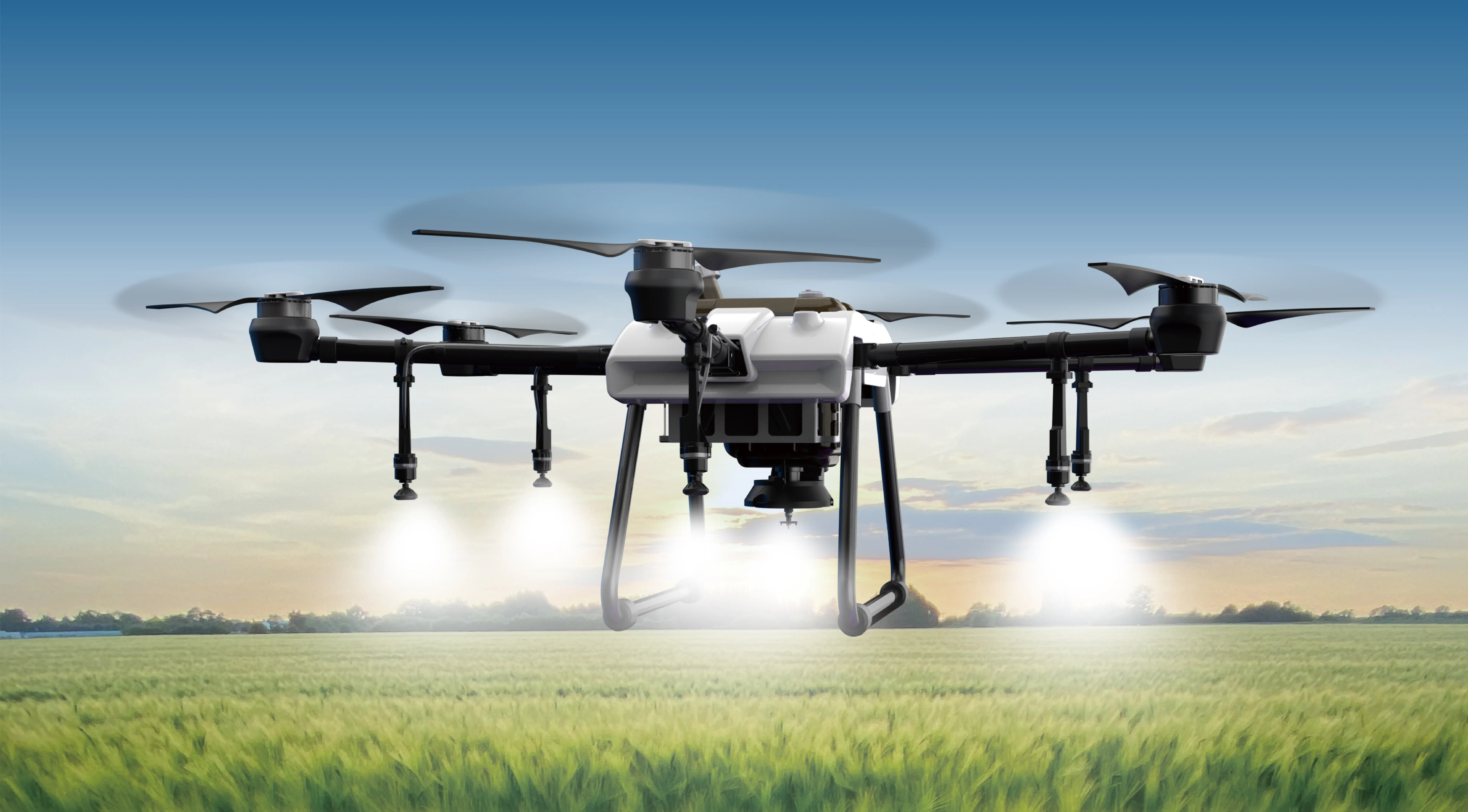part 1: Unleashing Power and Passion: The Ultimate Guide to Gas Powered Remote Control Trucks
Remote control trucks have long held a special place in the hearts of hobbyists, racers, and outdoor adventurers. Among the diverse categories—electric, nitro, and gas-powered—gas powered remote control trucks (often abbreviated as gas RC trucks) stand out for their impressive power, realism, and nostalgic appeal. They offer a driving experience that’s often regarded as the closest thing to owning a real truck, all within a manageable scale.

The Origins of Gas Powered RC Trucks
The roots of gas powered remote control trucks trace back to the early days of RC hobbying. Initially, electric RC vehicles dominated the market due to their simplicity and cleaner operation. But as technology evolved, hobbyists began seeking more powerful, longer-lasting models that could deliver higher speeds and tackle challenging terrains. Gas engines, modeled after full-size vehicle engines, became the logical next step.
The earliest gas RC trucks used small internal combustion engines—just like tiny, scaled-down versions of real truck engines. These gasoline engines, often running on a mixture of gasoline and oil, enabled models to reach astonishing speeds and haul heavier loads. They brought a sense of authenticity and raw power that electric motors simply couldn’t match at the time.
Why Choose Gas Powered Remote Control Trucks?
While electric RC trucks remain popular, gas powered models offer unique advantages that attract enthusiasts worldwide:
Longer Run Times: Gas RC trucks can operate for much longer than their electric counterparts due to the higher energy density of gasoline. This means less downtime and more action-packed fun.
Realistic Sound and Vibration: The internal combustion engine produces authentic engine sounds, vibrations, and exhaust fumes that heighten the immersive experience. This realism is particularly appealing for hobbyists who enjoy the mechanical aspect of the vehicles.
Greater Power and Speed: Gas engines provide significantly more torque. This results in higher top speeds, faster acceleration, and the ability to conquer rough terrains like dirt, gravel, and uneven trails with ease.
Authentic Maintenance Experience: Owning a gas RC truck presents a more involved hobby—changing spark plugs, tuning the carburetor, adjusting the throttle—elements that many enthusiasts find rewarding.
Key Components of Gas Powered RC Trucks
Understanding the core parts of a gas RC truck helps appreciate their complexity and beauty. Here are some of the main features:
Engine: The heart of the truck, typically a small 1-4 horsepower 2-stroke or 4-stroke gasoline engine. Each engine type offers distinct characteristics, from the high-revving 2-strokes to the more torquey 4-strokes.
Fuel System: Comprising the fuel tank, carburetor, and fuel lines, this system manages the delivery of gasoline to the engine. Proper maintenance and tuning are essential for optimal performance.
Chassis: Often made from durable materials like aluminum or reinforced plastic, the chassis provides structural integrity and houses the engine, transmission, and suspension.
Transmission: Most gas RC trucks feature multi-speed transmissions that help optimize power delivery across different terrains.
Suspension: Heavy-duty shocks and suspension systems enable the truck to handle rough trails and jumps smoothly.
Drive Train: Usually a 4WD system, it ensures power is delivered effectively to all wheels, improving traction and control.
Types of Gas Powered RC Trucks
The industry offers a variety of models tailored to different preferences and purposes:
Off-road Trucks: Equipped for rugged terrains, these models feature large tires, high ground clearance, and sturdy suspension. Perfect for dirt tracks, trails, and bashing adventures.
On-road Cars: Designed for pavement and smooth surfaces, these models focus on speed and handling with sleek bodies and low-profile tires.
Monster Trucks: Known for their massive tires and show-stopping jumps, monster trucks are a favorite for display and competitive shows.
Crawlers: Built for climbing and navigating rocky terrains, these trucks excel in stability and torque rather than speed.
Choosing Your First Gas RC Truck
Selecting an ideal gas RC truck depends on your experience and interests. Beginners might opt for models with simpler tuning or those designed with durability in mind. More advanced users may seek high-performance models with adjustable parts and extensive customization options.
When choosing, consider:
Intended Use: Off-road adventures, racing, or casual display?
Budget: Entry-level models can start around $200, while high-end setups can exceed $1,000.
Technical Skills: Are you comfortable with mechanical maintenance and tuning?
Size and Scale: Larger trucks (1/5 scale and above) are impressive but require more space and maintenance; smaller models (1/10 or 1/8) are more manageable.
The Joy of Tinkering and Customization
One of the charms of gas RC trucks is the ability to customize and upgrade. Enthusiasts often modify engines, suspension, tires, and body shells to improve performance or personalize their trucks. This ongoing process keeps the hobby engaging and rewarding.
Established in 2005, Kpower has been dedicated to a professional compact motion unit manufacturer, headquartered in Dongguan, Guangdong Province, China.




































